Wong Kar-wai’s “2046”: A Farewell to Love and Illusions
In “2046,” Wong Kar-wai seems to be done with love, and perhaps with any illusions about himself. With a barrage of sonic, visual, and narrative complexities, he delivers yet another tale – the thousandth and first, or perhaps the two thousand and forty-sixth – of a boor, utterly primitive in his nature. Wong Kar-wai’s mastery is undeniable, but it’s lavished on a dramatic pathos that, since the days of Childe Harold, Rastignac, Onegin, and Pechorin, can only be approached with comedy.
It’s the boors themselves who take themselves seriously, to the point of tears and madness. But from an outside perspective, they’ve been objects of laughter for a century.
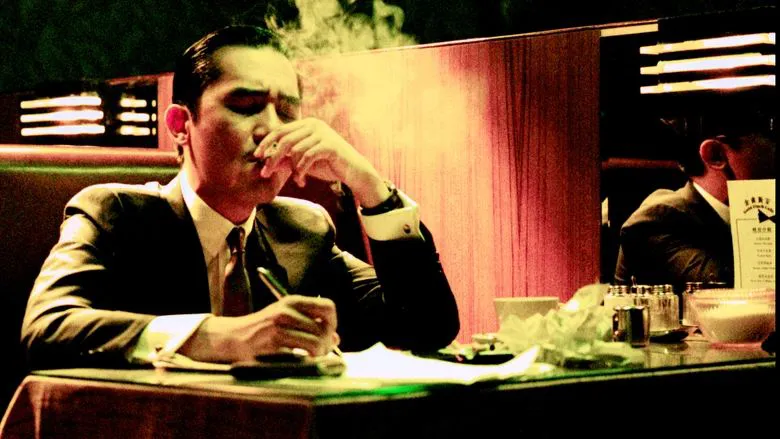
The film constantly jumps between the mid-20th and mid-21st centuries, from Hong Kong to Singapore and back. The plot never lingers on any of the three main female characters (and there are about three more in supporting roles). The commentary of this “new Childe Harold” suffers from a stubborn ambiguity. Mysterious images connect a young Japanese man to a fantastical city of the future, where all those seeking love gather in 2046, and from which, he is supposedly the only one to ever return. Why a Japanese man, when the story is about Chinese characters? In reality, it’s all quite simple.
The Boorish Core
In Hong Kong, 1966, a lonely Chinese man named Chow (Tony Leung), a small-time journalist writing pornographic science fiction for money under the title “2046,” is aging. He wants to stay in room 2046 of a cheap hotel, but it’s under renovation because a famous courtesan was brutally murdered there. Chow had something with her once, but it doesn’t really matter, because he ends up in room 2047 anyway. He hides from the instability of Hong Kong at the time, squanders money in gambling dens, spends time with prostitutes, socializes more and earns less. And so passes Christmas of 1967, '68, '69. It’s all simple, because Wong Kar-wai is meticulous.
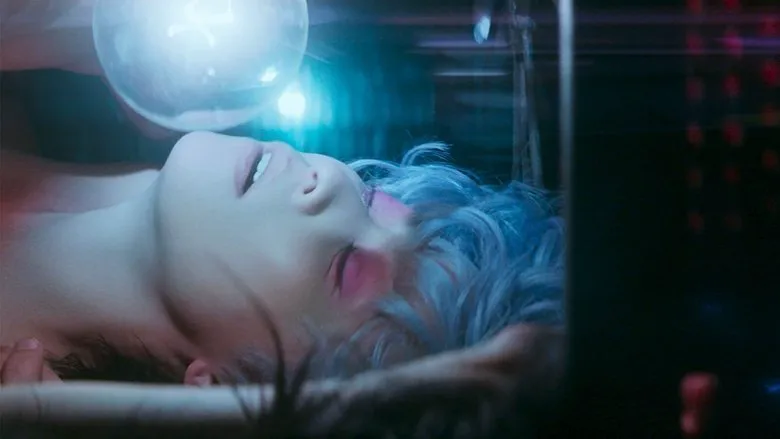
Observing the lives around him, Chow first resents a great and pure love he once lost (Gong Li), then the current sorrowful insensitivity (Zhang Ziyi), then a future impossible in its unrequited nature (Faye Wong). From all these resentments, he squeezes out another pornographic science fiction novel, “2047.” In it, he imagines himself as a young Japanese man, loved by the hotel owner’s daughter, and where he comes to certain conclusions. But no matter who he imagines himself to be, the boor, recognizable by his petty traits, leaves no mysteries once identified. All the film’s complexities are merely a catalog of his well-known characteristics.
The Traits of a Boor
What follows is perhaps tedious, but since the film is masterful and certain things stick in the memory, these traits should be listed with equal meticulousness.
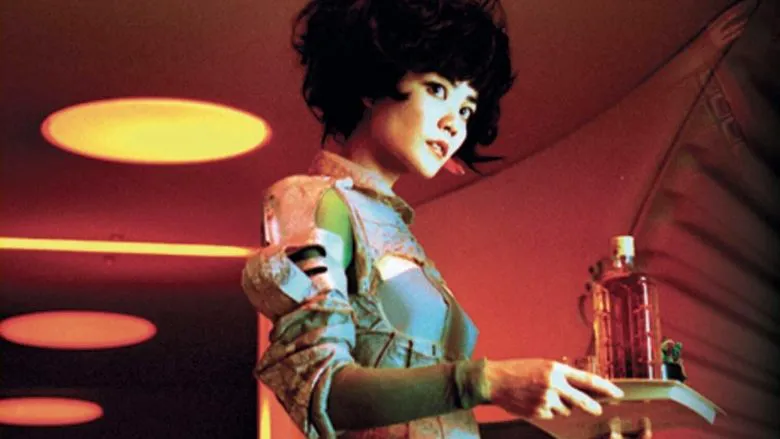
- That is, the woman who responds to him without any unavailability and is fundamentally responsive to him socially, sexually, territorially, and psychologically, he will immediately show the door, because otherwise he would have to trust her.
- He will verbally humiliate her, and also bring prostitutes to his room in her presence and make her hear them having sex. And to have sex with her, he will take money from her, because only by degrading the “second half” can he rise to “himself.”
- But after such self-affirmation at the expense of another, he is simply obliged to demonstrate to “himself” that he is in charge of everything, takes everything upon himself, which, however, requires untouched, perfect purity, which, of course, he now alone deserves.
- Only a woman recognized as such is even more inaccessible, because she is “pure” only if she is in love with someone else, and he will immediately begin to suffer that he cannot tarnish her: neither by identifying himself with her beloved, nor by suggesting to her that her beloved is also dirty.
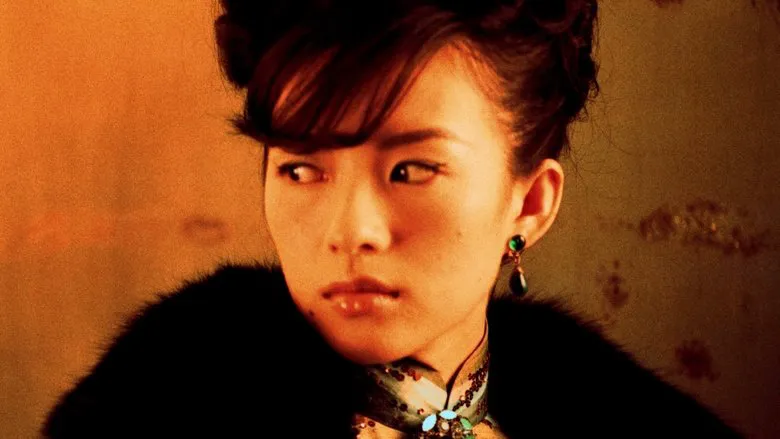
- The ultimate self-affirmation becomes the conclusion that there are only pornographic fantasies, because love does not exist and never did, since the “woman in love with someone else” happily got married, the “best woman” became unattractive, and he did not dare to recognize the “great and pure” one upon meeting her, although he took the money, of course.
- He always took money from others for all his dreams: in addition to the “best woman” paying him for sex, the “great and pure” one paid for his ticket to Hong Kong, and the “woman in love with someone else” skillfully finished his mediocre novels – under his name, of course.
- In the eyes of everyone except these partners, he was always a complete nonentity, just a zero, that is, a terribly greedy, terribly cowardly, terribly malicious small-time journalist, but, of course, never lost his ambitions of being an “unrecognized genius.”
“He’s stingy and doesn’t like to pay for himself,” Chow says about his boss, in order to humiliate him somehow, because in reality he is saying it about himself. “Come with me, I’ll reveal my secret to you,” Chow says to an imaginary conductor of an imaginary train, because in reality he only imagines that he has some kind of secret. “There are things I don’t share with anyone,” Chow says meaningfully to his “second half,” because he is generally incapable of sharing anything, ever. It’s unpleasant to write this, but this is the whole drama, because there is no humor in the film.
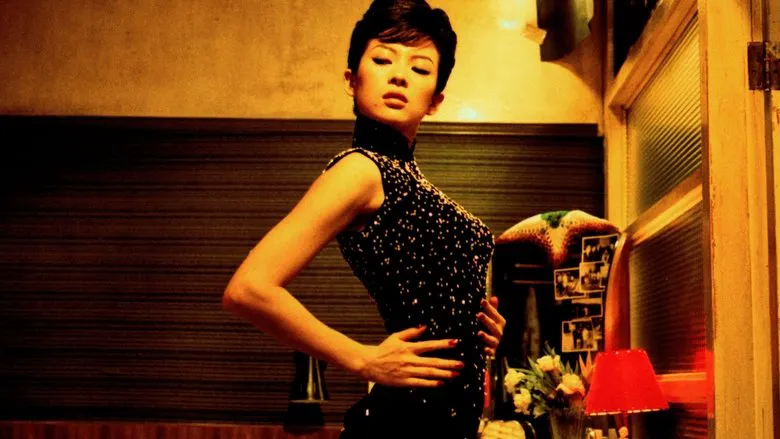
A Disappointing Revelation
The boorishness is absolute, and it is most disappointing that Wong Kar-wai introduced the plot of “In The Mood For Love” (2000) into his story. Boors are incapable of anything for long except themselves, and if they are ambitious, they will trample even the briefest of moments. Therefore, if someone once believed in “In The Mood For Love,” they did so in vain. Let them laugh at themselves.
However, it is enough to imagine that “2046” is a tag from a foot in a maternity hospital, and “2047” is the same tag on the leg of a corpse in a morgue, and you can laugh at the film. For the fact that so much cinematic beauty, so many luxurious shots, so much meticulously mixed soundtrack, have been issued for this primitive thing, as if directly for the ultimate truth.